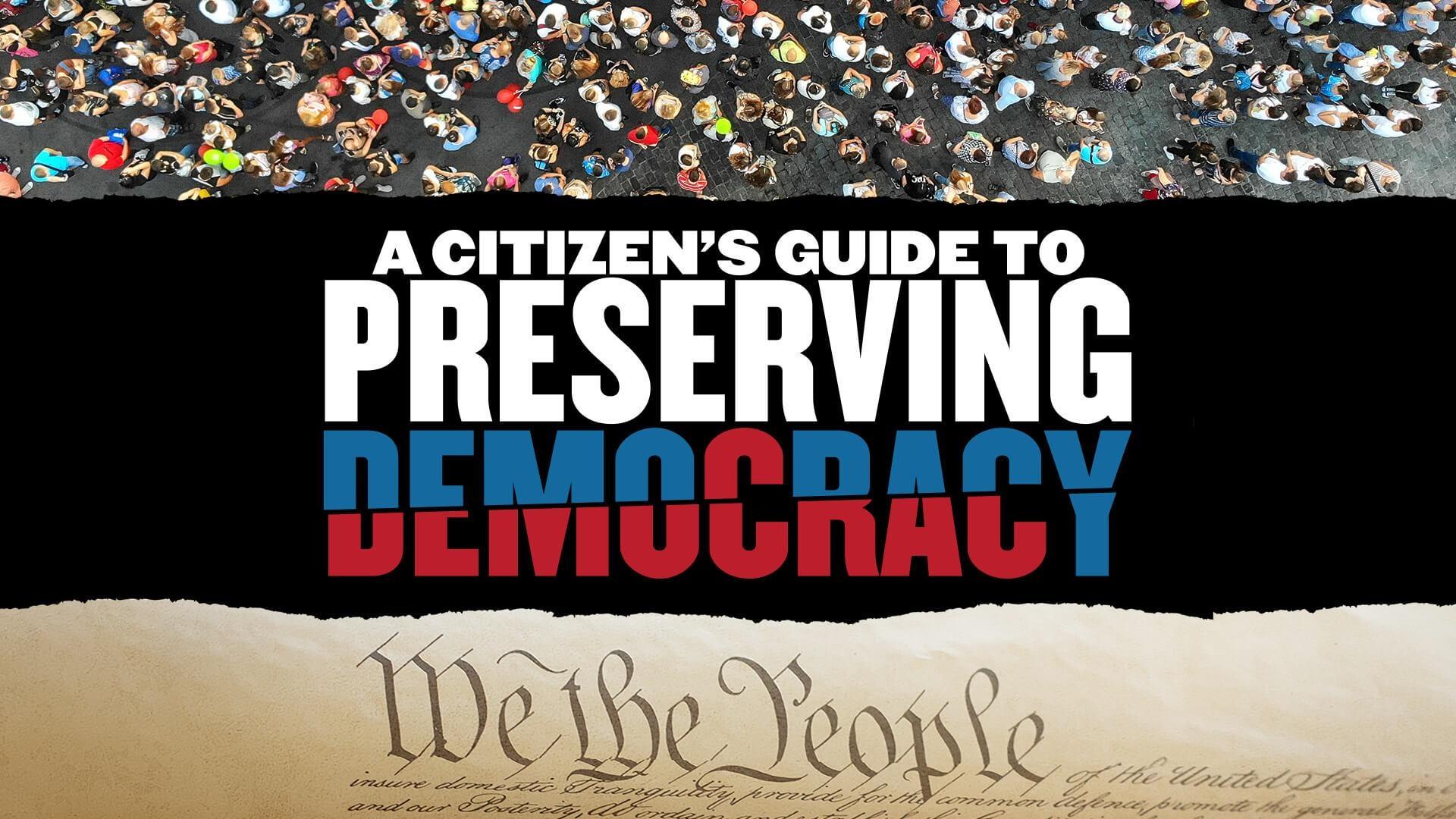
Is Democracy Dead or Just Rebranded? The Answer Will Shock You
Josh Shear – In a world where algorithms decide what we see, billionaires influence what we believe, and voting feels more like a ritual than a revolution, one question echoes louder than ever: Is democracy dead or just rebranded? Depending on who you ask, the answer will either give you hope or leave you shaken.
As we enter the second half of the 2020s, democracy is no longer just a system of governance. It has become a brand curated, packaged, and sold to us like a subscription service. But is this evolution, or the end of something deeper?
On paper, democracy thrives on choice. But scroll through your newsfeed today and ask yourself how many of your views are truly your own?
With AI-driven personalization, media silos, and hyper-targeted political ads, our exposure to opposing ideas is filtered before we even realize it. Platforms like TikTok, YouTube, and Instagram no longer just show us what we like they shape what we think we like.
This creates a version of democracy that’s emotionally satisfying but intellectually shallow. We still vote, but we do so inside curated echo chambers that reinforce the status quo. The system stays, but the soul of debate vanishes.
Election seasons today feel more like Super Bowl Sunday than civic milestones. Politicians are influencers. Campaigns are content. Press briefings look like TED Talks. Debates feel scripted. Voters become fans, not citizens.
And just like brands refresh their image without changing their product, modern democracies are being rebranded visually appealing, socially digestible, but hollow beneath the surface. The rituals remain, but the accountability fades.
Why confront corruption when you can distract with a viral slogan? Why change policy when you can change hashtags?
The traditional power of the people is now rivaled by something far more influential: tech oligarchs and their platforms. A single tweet from a tech CEO can crash a currency. A YouTube algorithm tweak can silence entire political movements.
What happens when unelected power brokers can shape reality more effectively than governments? When the town square becomes a privately owned app?
In this environment, democracy doesn’t die with a bang it slowly morphs into a brand campaign managed by those with the most followers, dollars, and data.
Political philosopher Noam Chomsky once warned about “manufacturing consent.” In 2025, we may be living in the sequel managing consent. Rather than win hearts and minds, systems are now designed to optimize engagement.
Consent hasn’t disappeared it’s just been strategically managed to look like enthusiasm.
Read More: The Recession Is Coming? These 3 Asset Classes Could Explode
Not exactly.
But the version we cling to the one in textbooks and idealistic speeches may no longer exist. What we have now is something more polished, more passive, and more performative.
It’s a democracy of optics, where narrative beats nuance, where voter turnout is gamified, and where outrage is monetized. The mechanisms remain, but the meaning feels… different.
And maybe that’s what makes this so dangerous not because it’s obvious, but because it’s invisible. We’re not watching democracy collapse. We’re watching it get rebranded into something that feels the same but functions very differently.
Yes, but not without effort.
Reviving true democracy in the age of curated reality requires more than just voting. Because if we don’t, the next version of democracy we inherit may look flawless but feel completely fake.
Ask yourself: do you still feel like a citizen, or just a user? Do you influence your government, or just interact with it? Do you seek truth, or scroll past it?
The answer may shock you and that’s the point.
This website uses cookies.